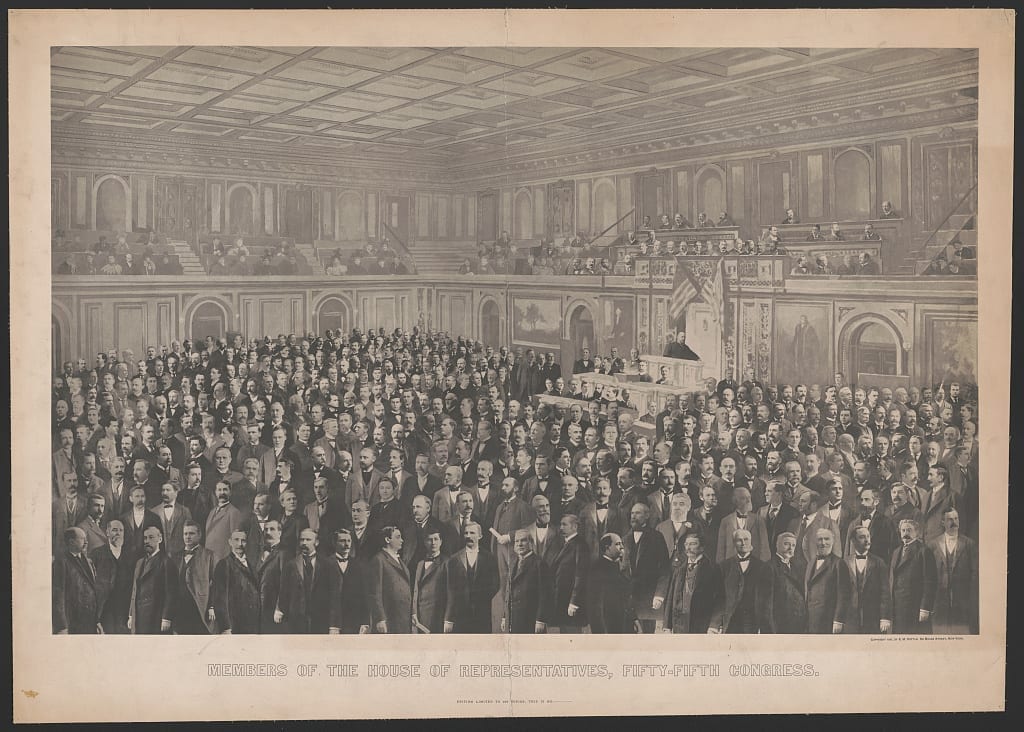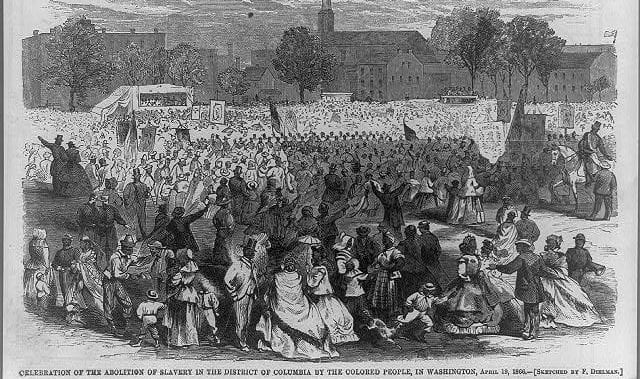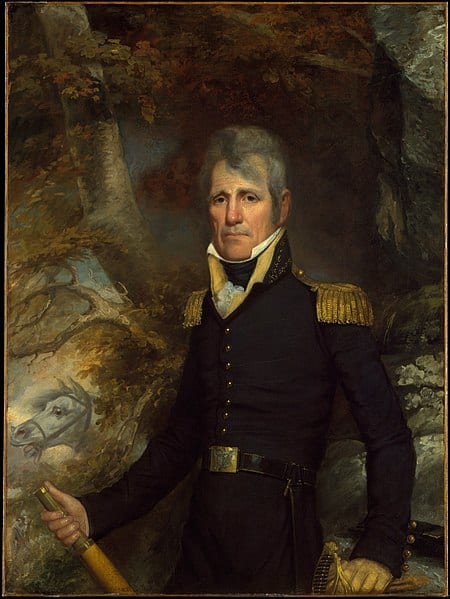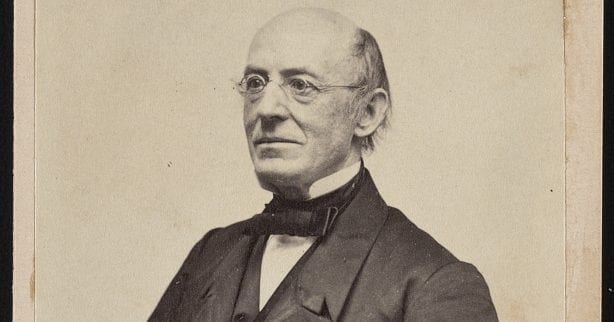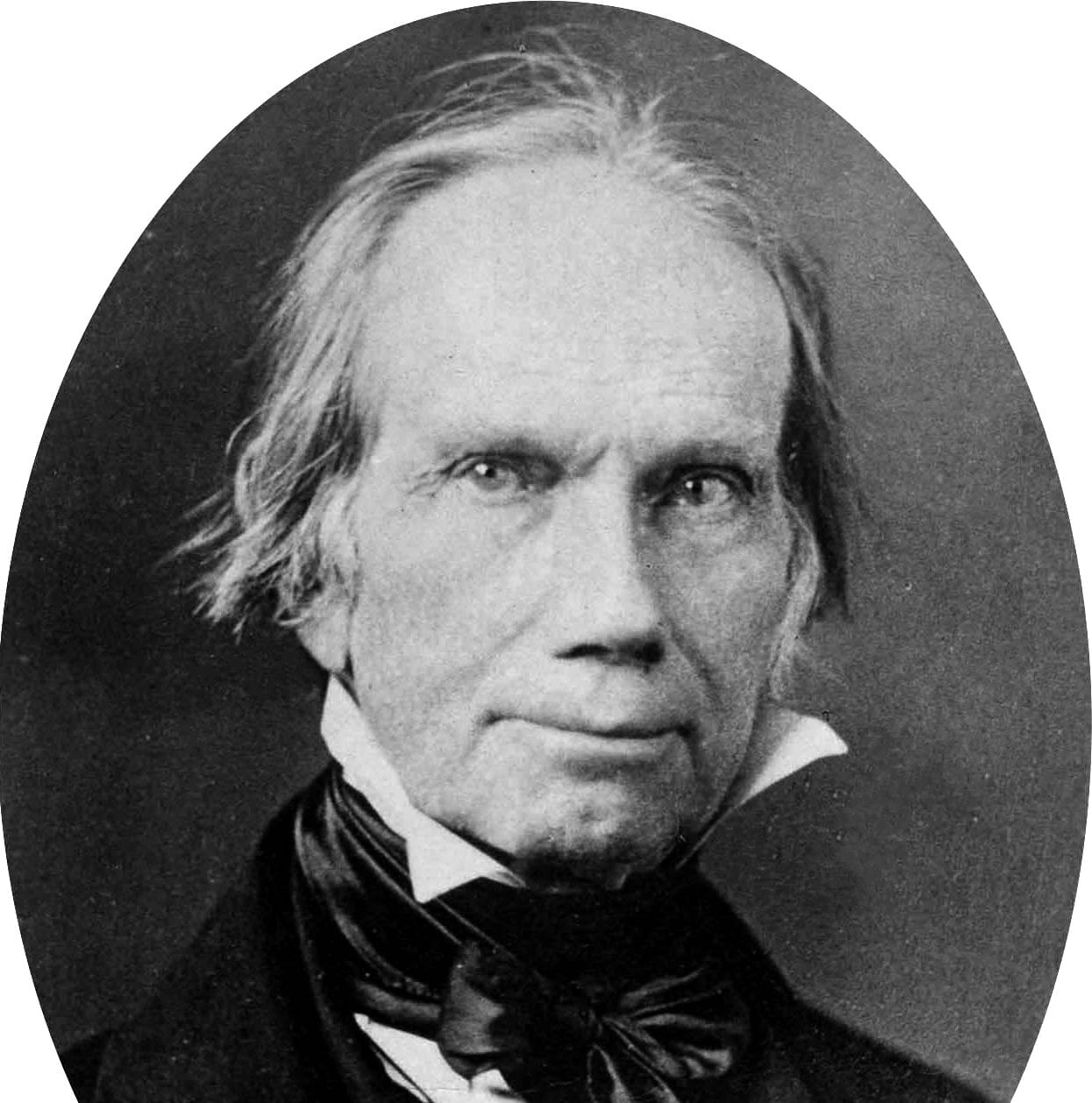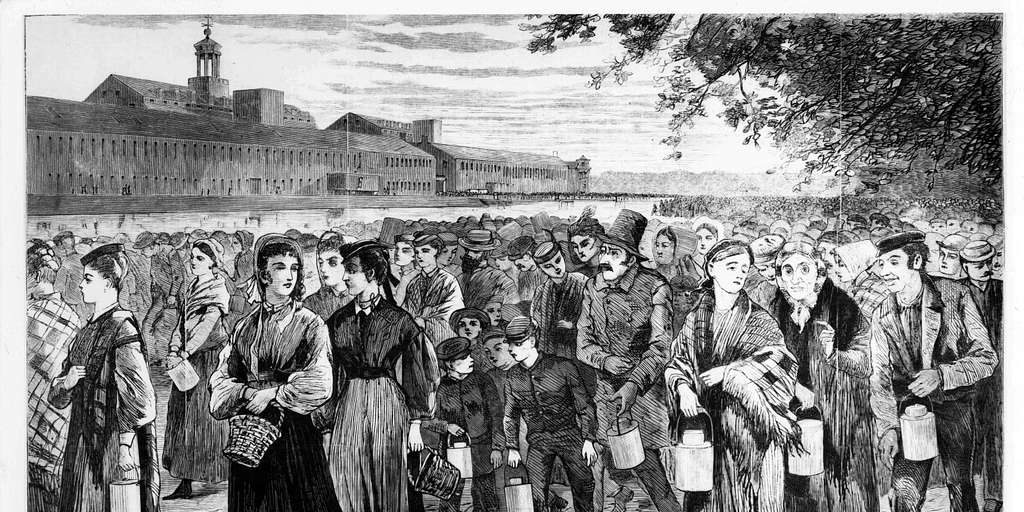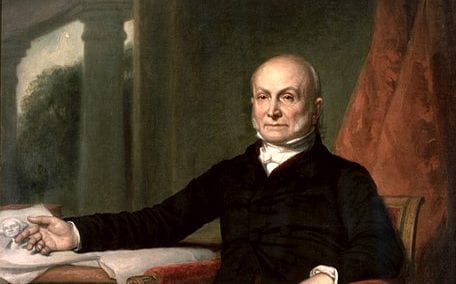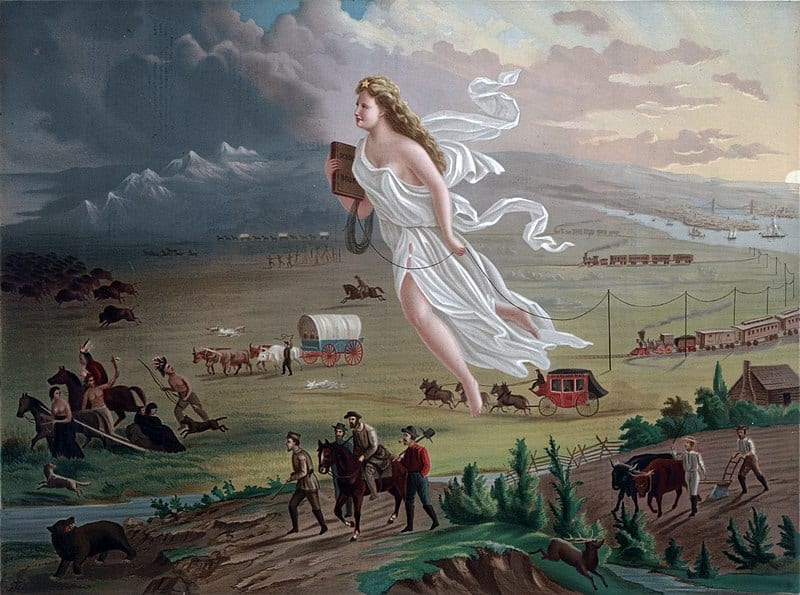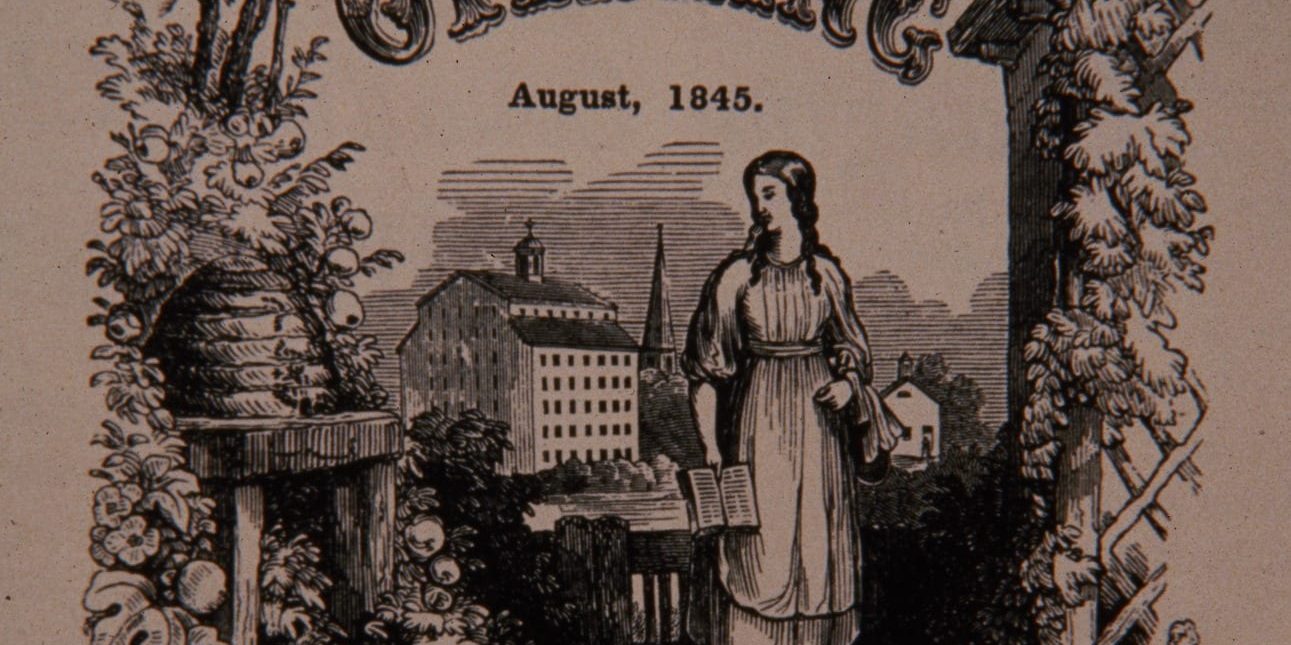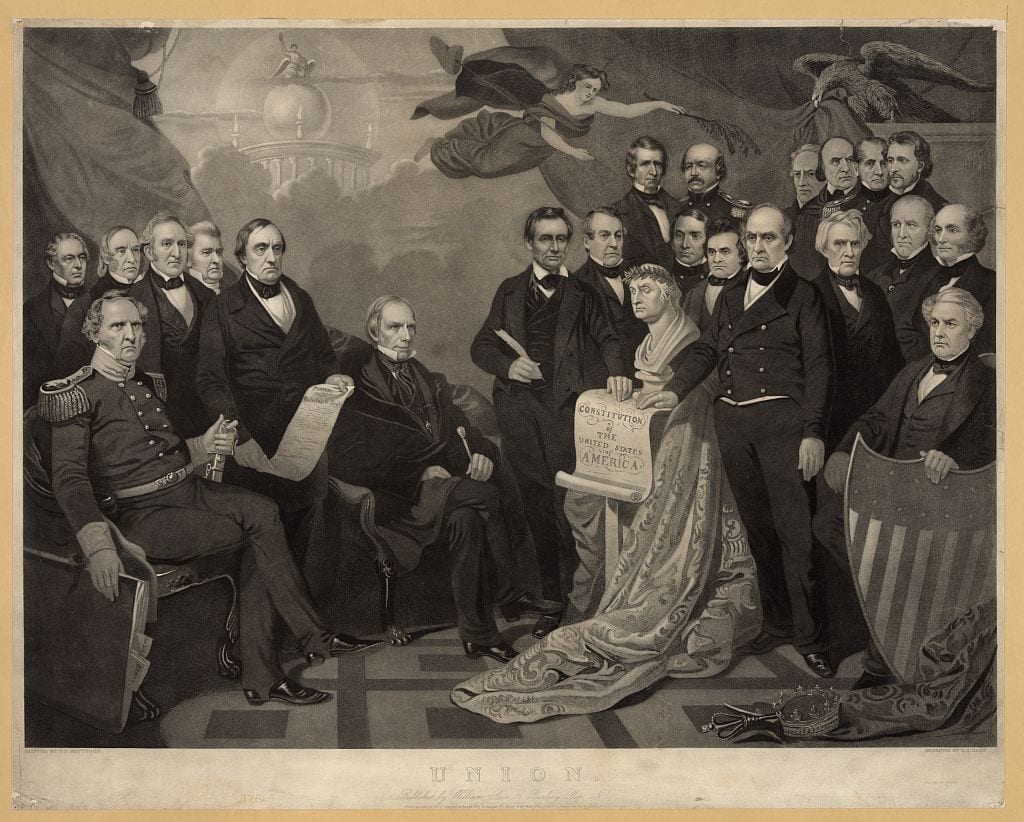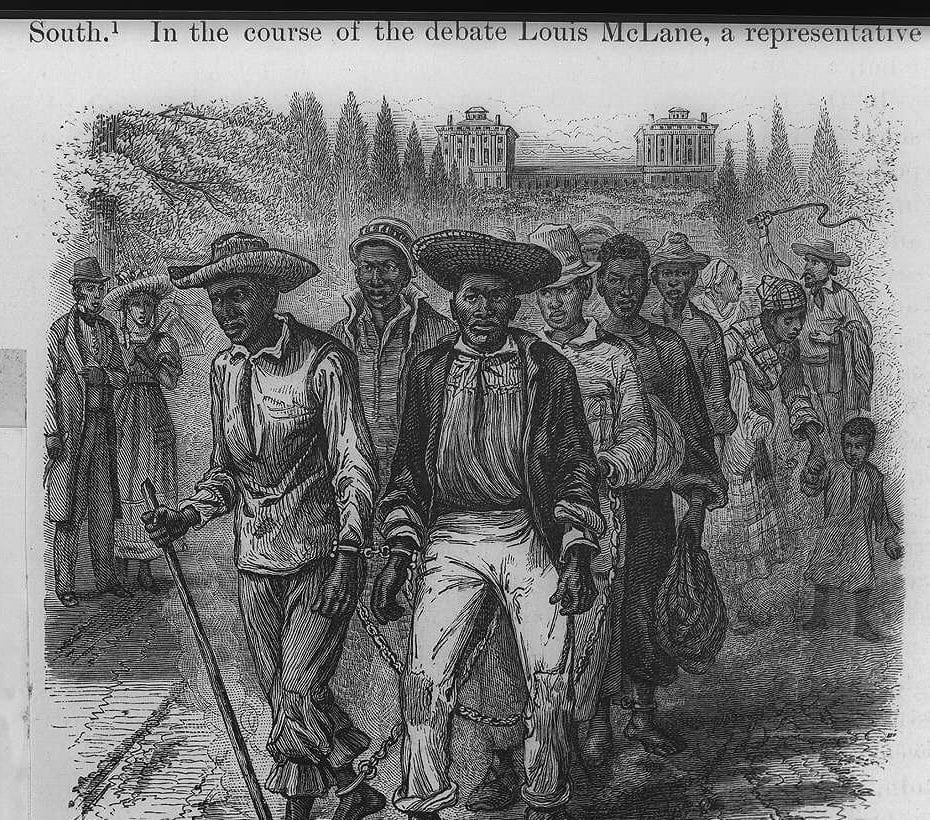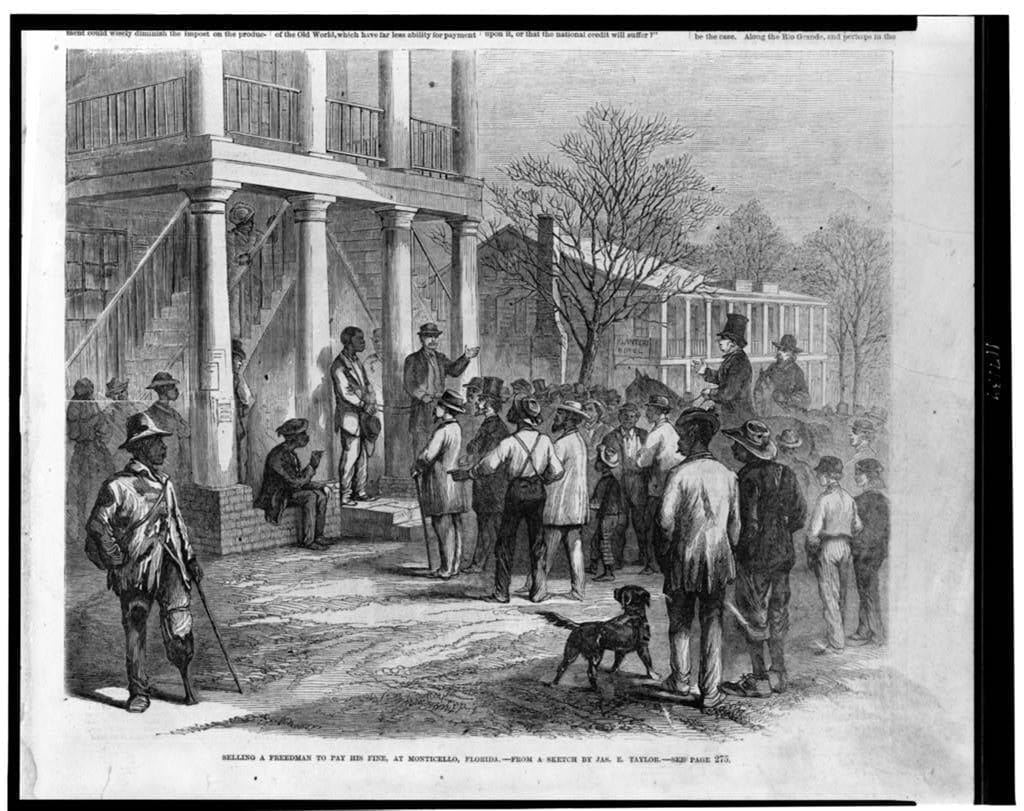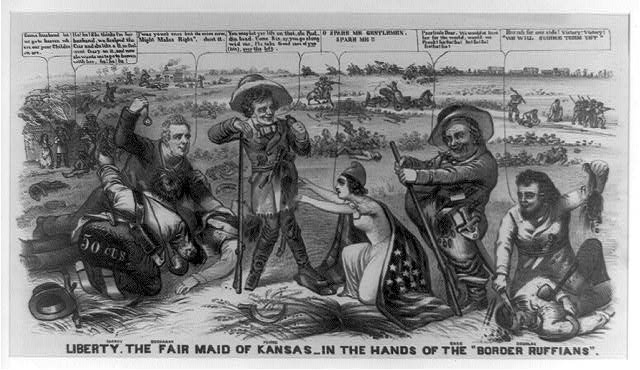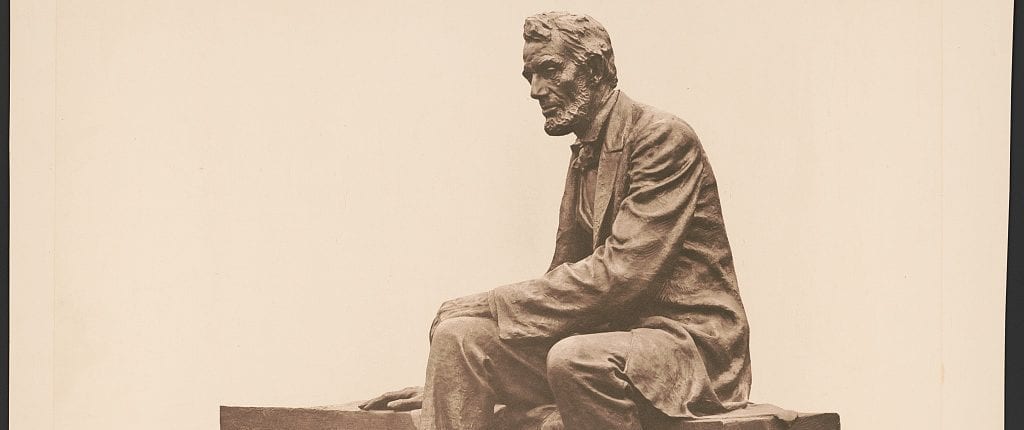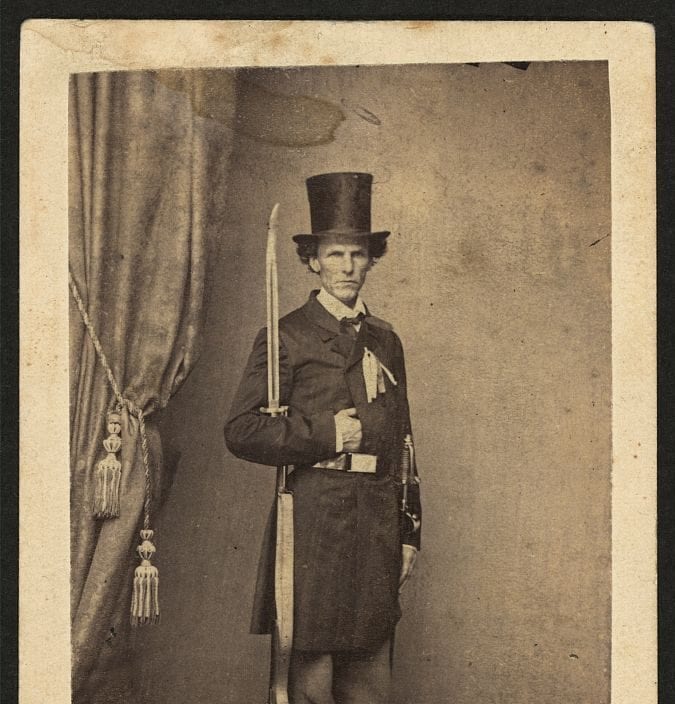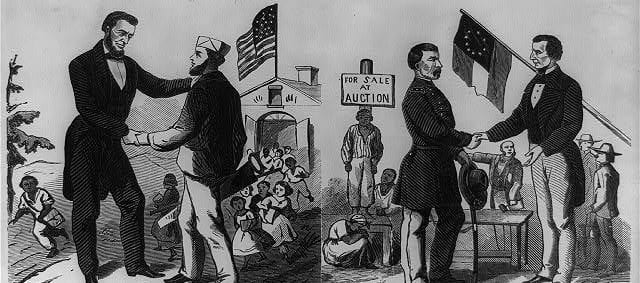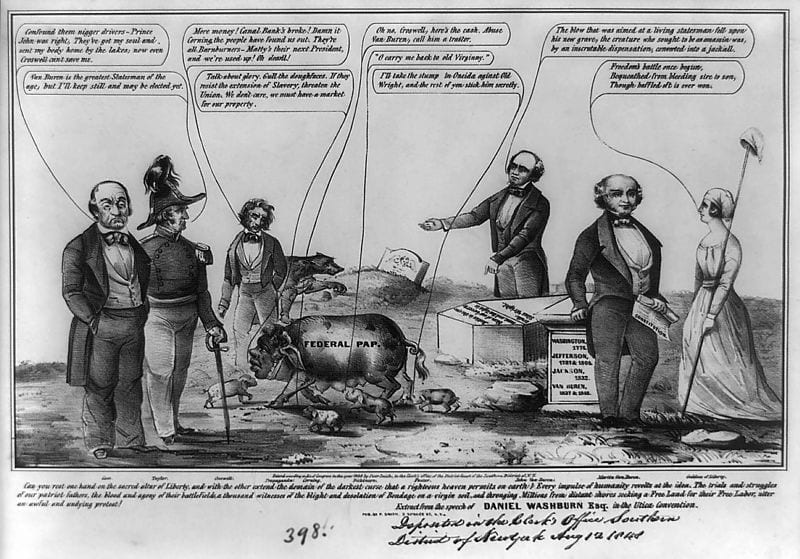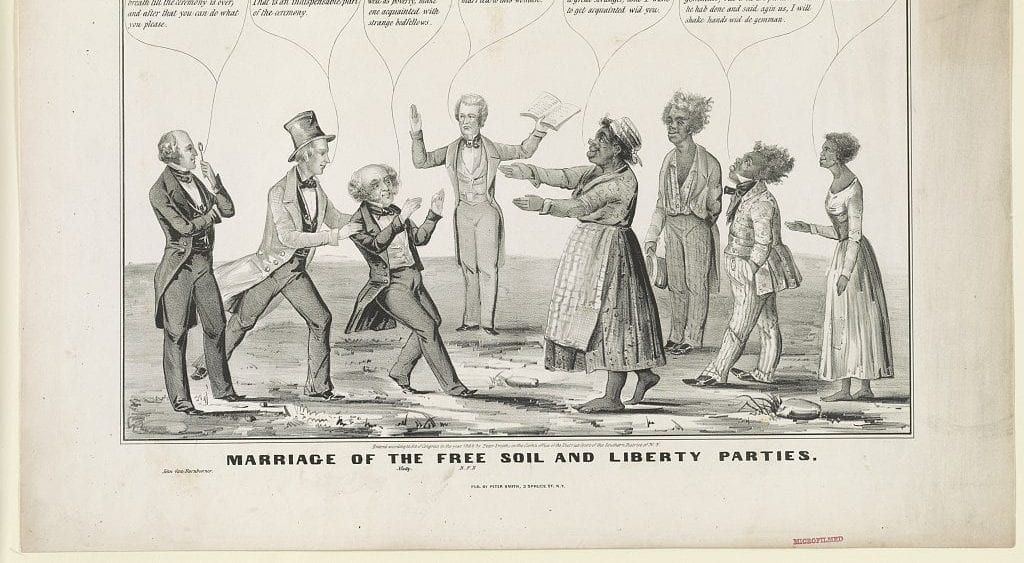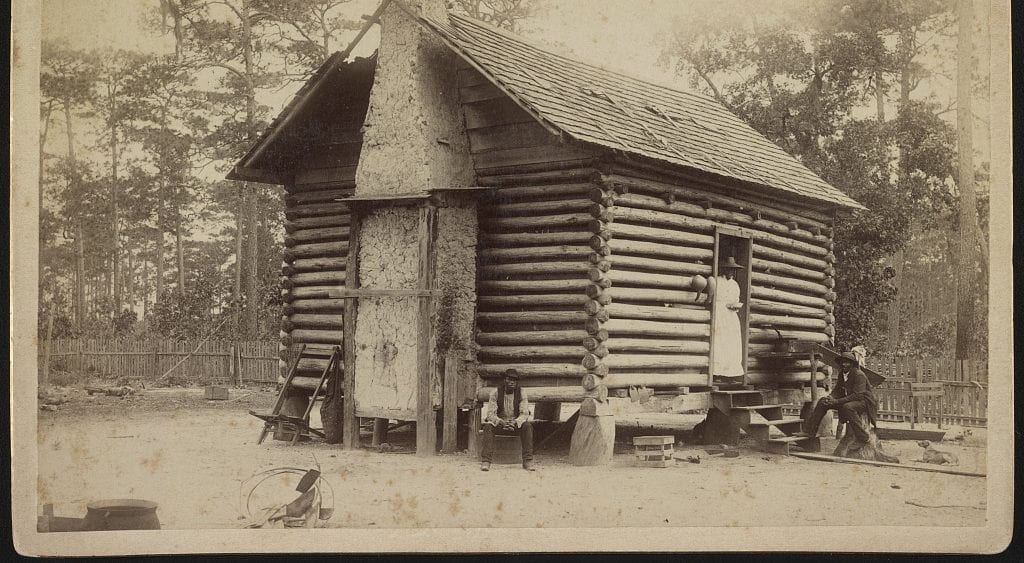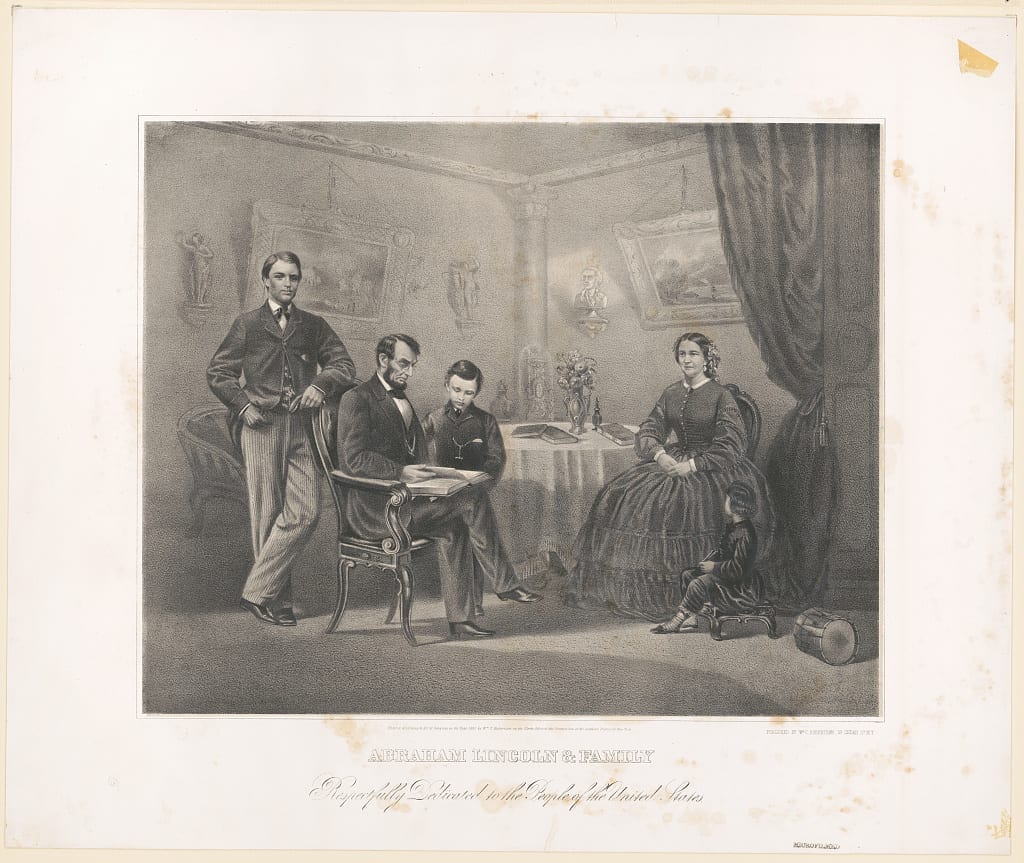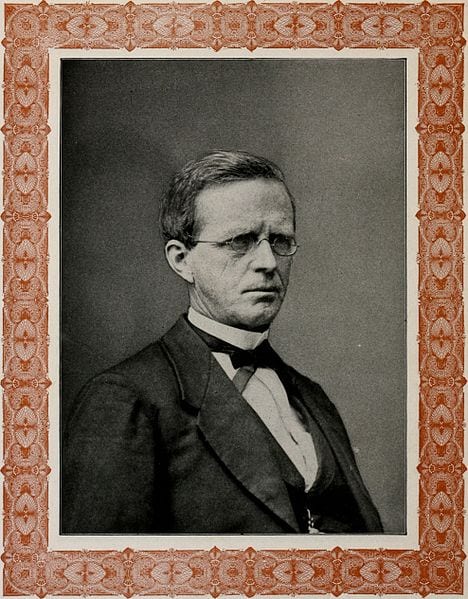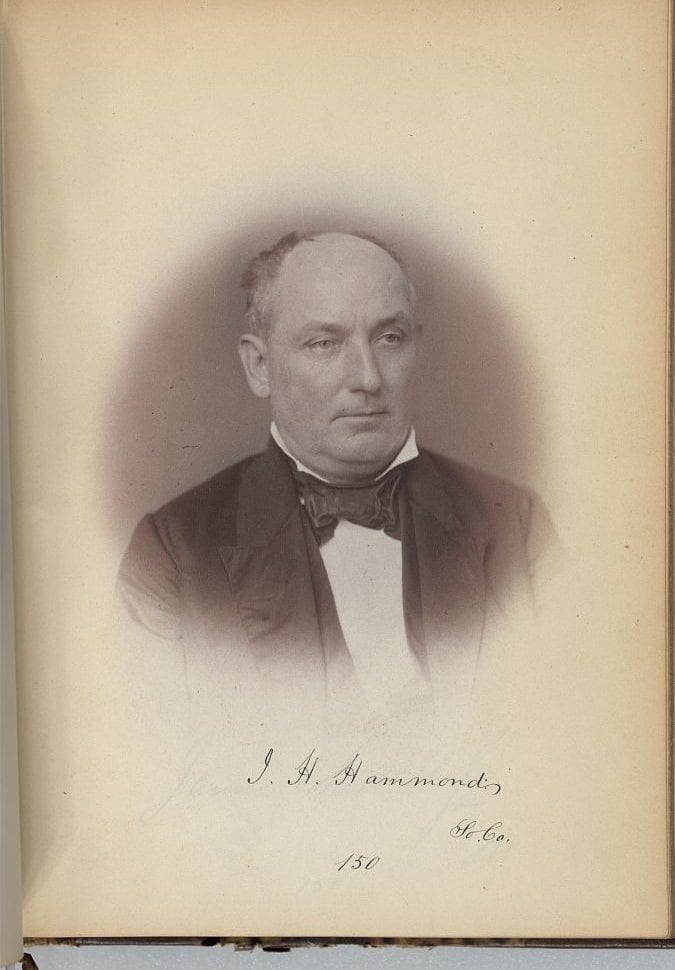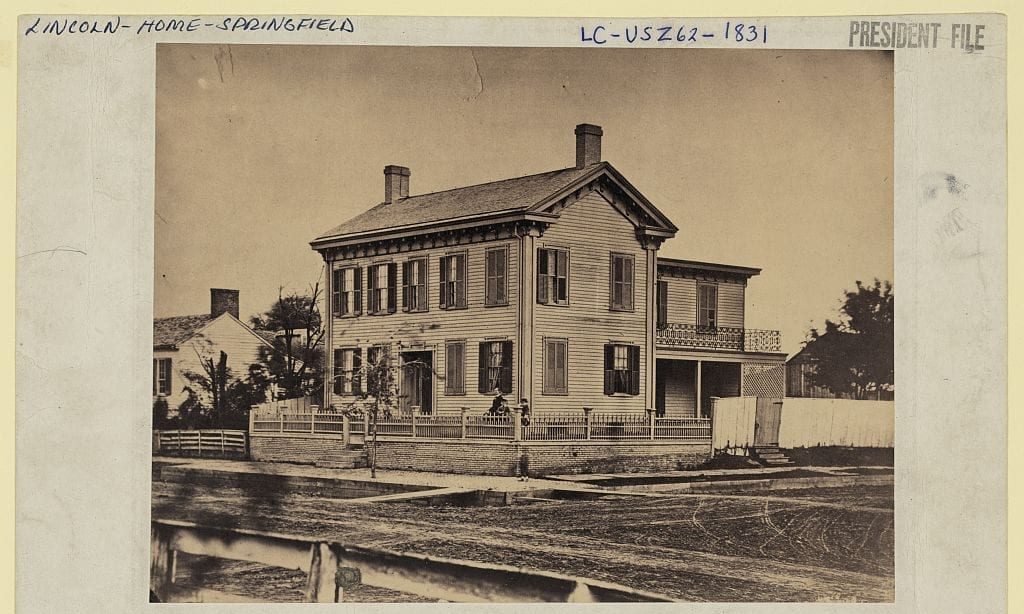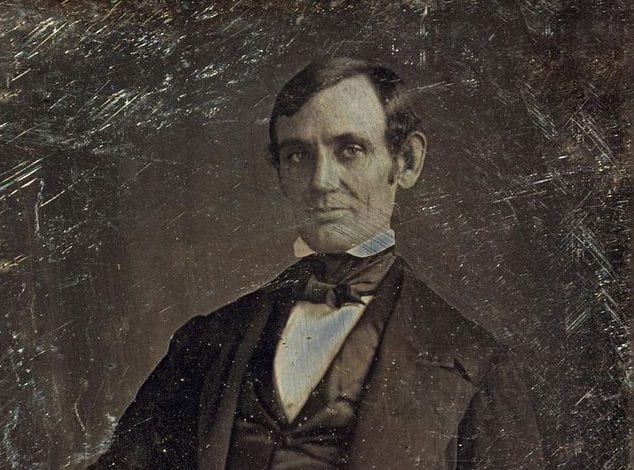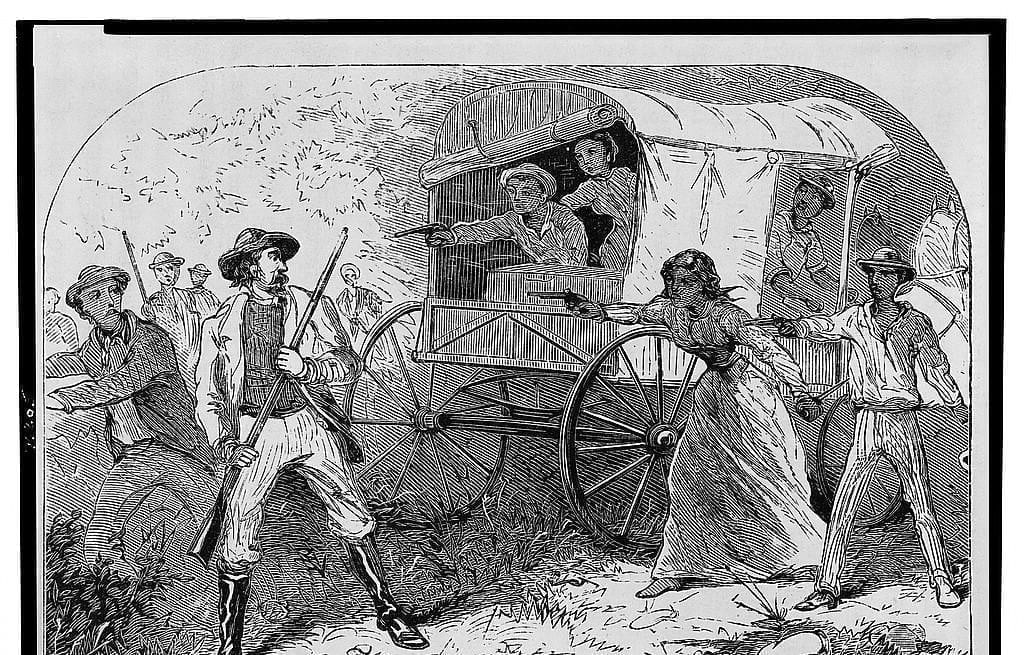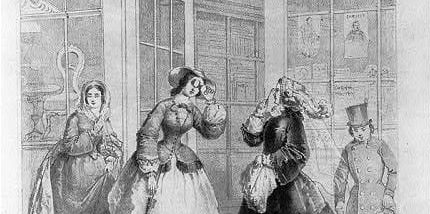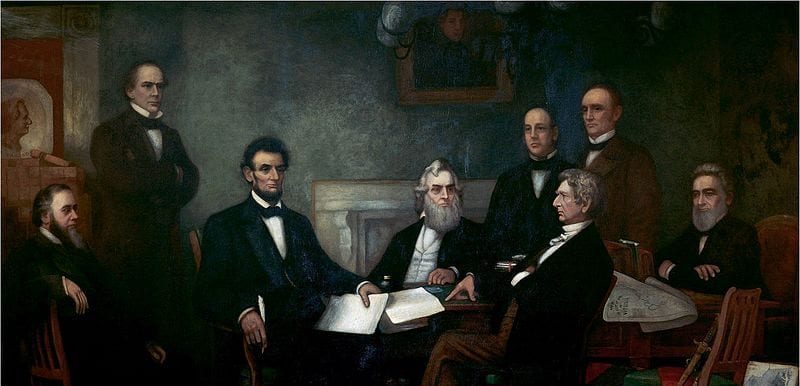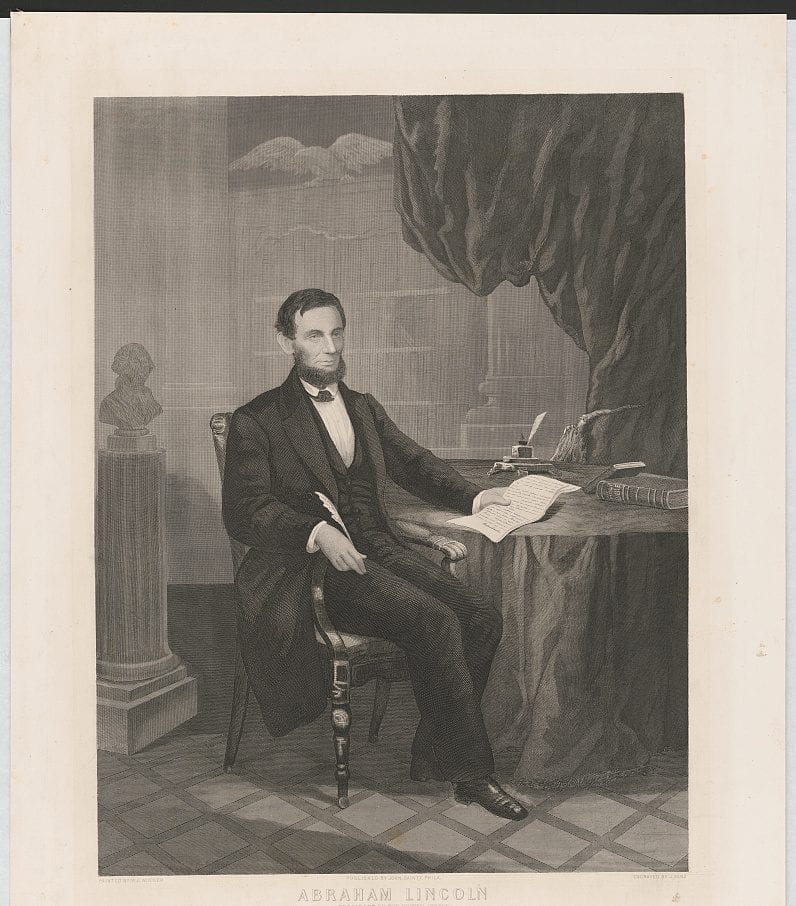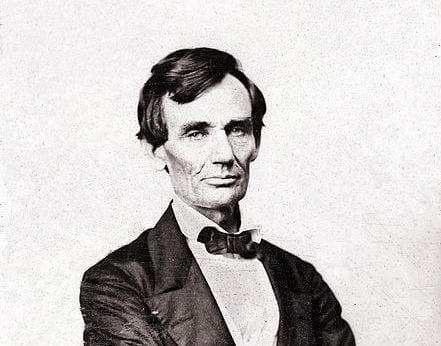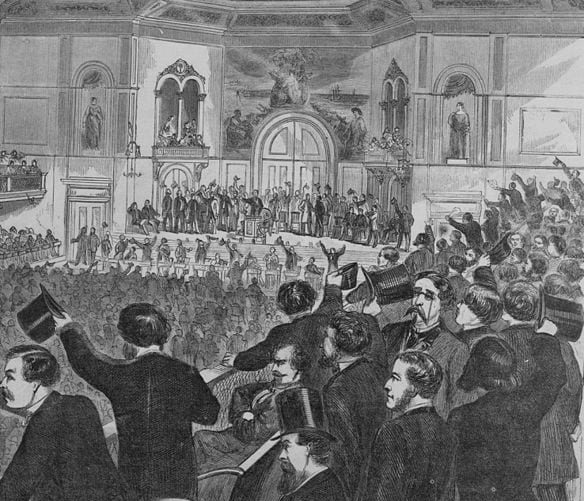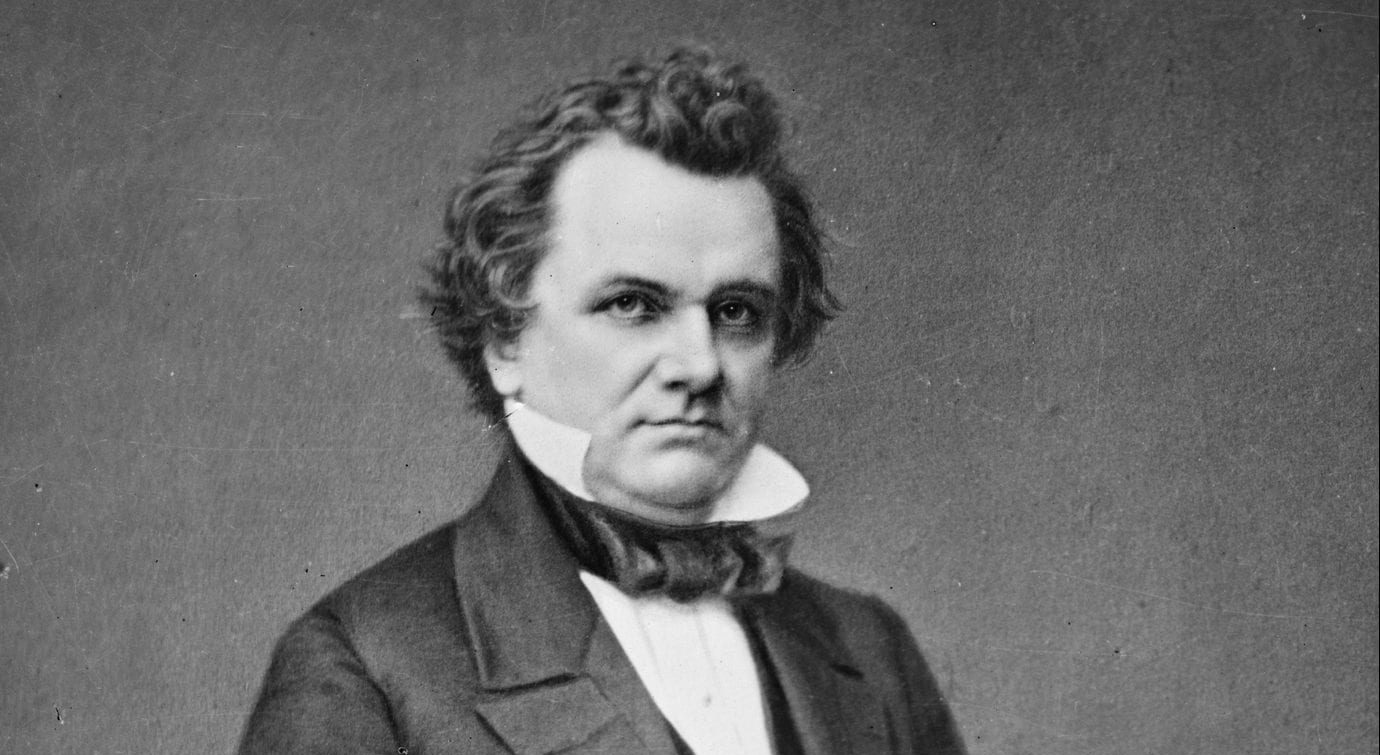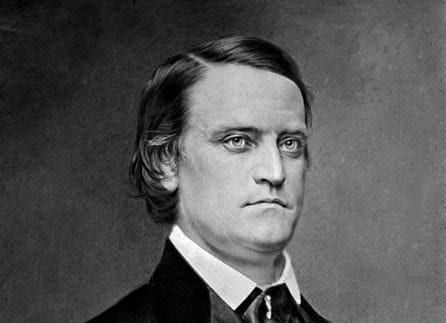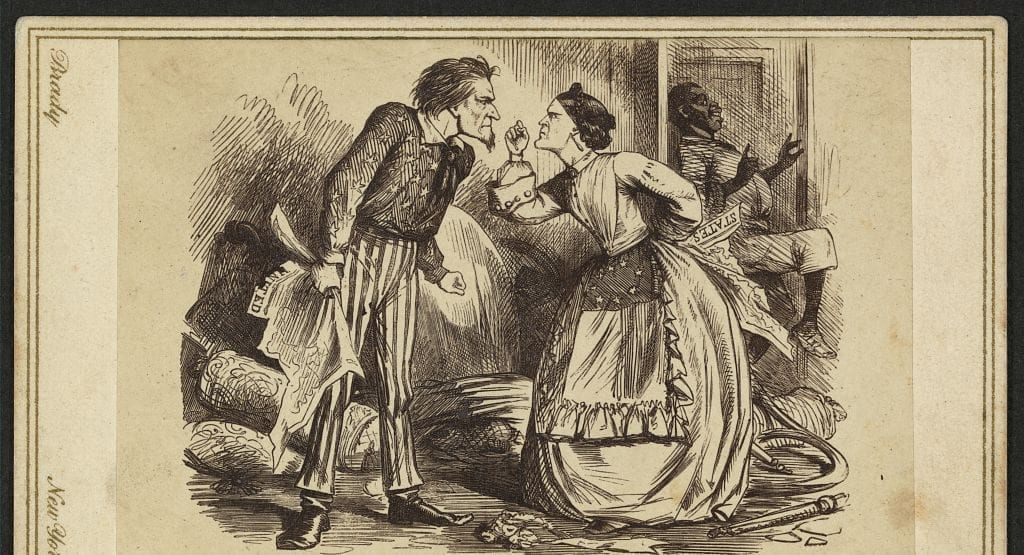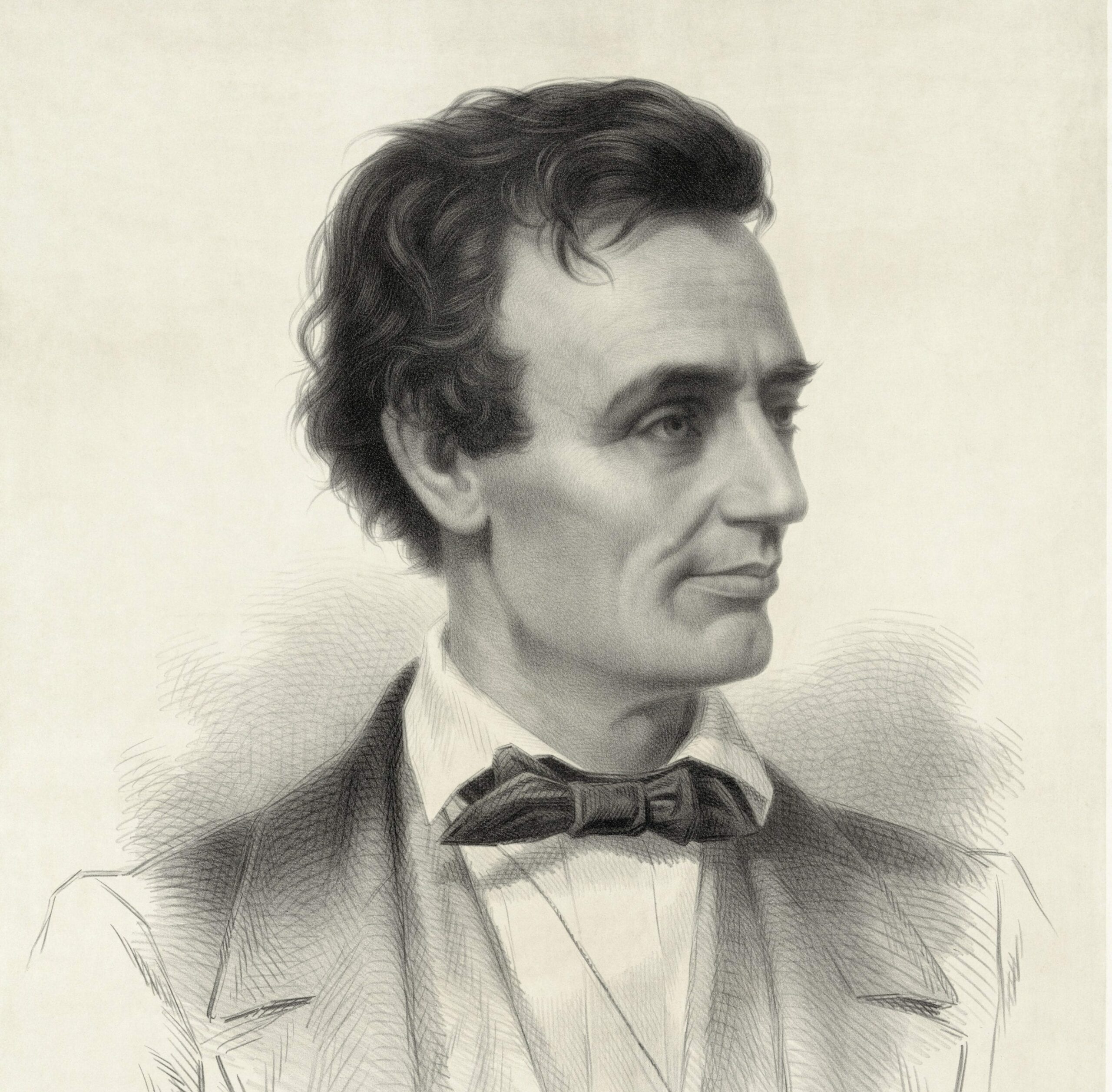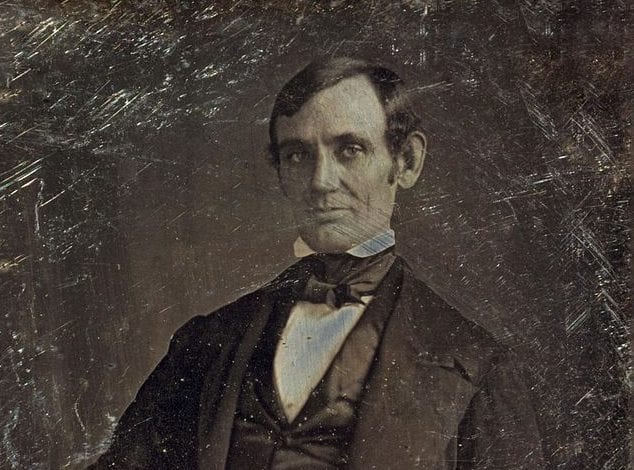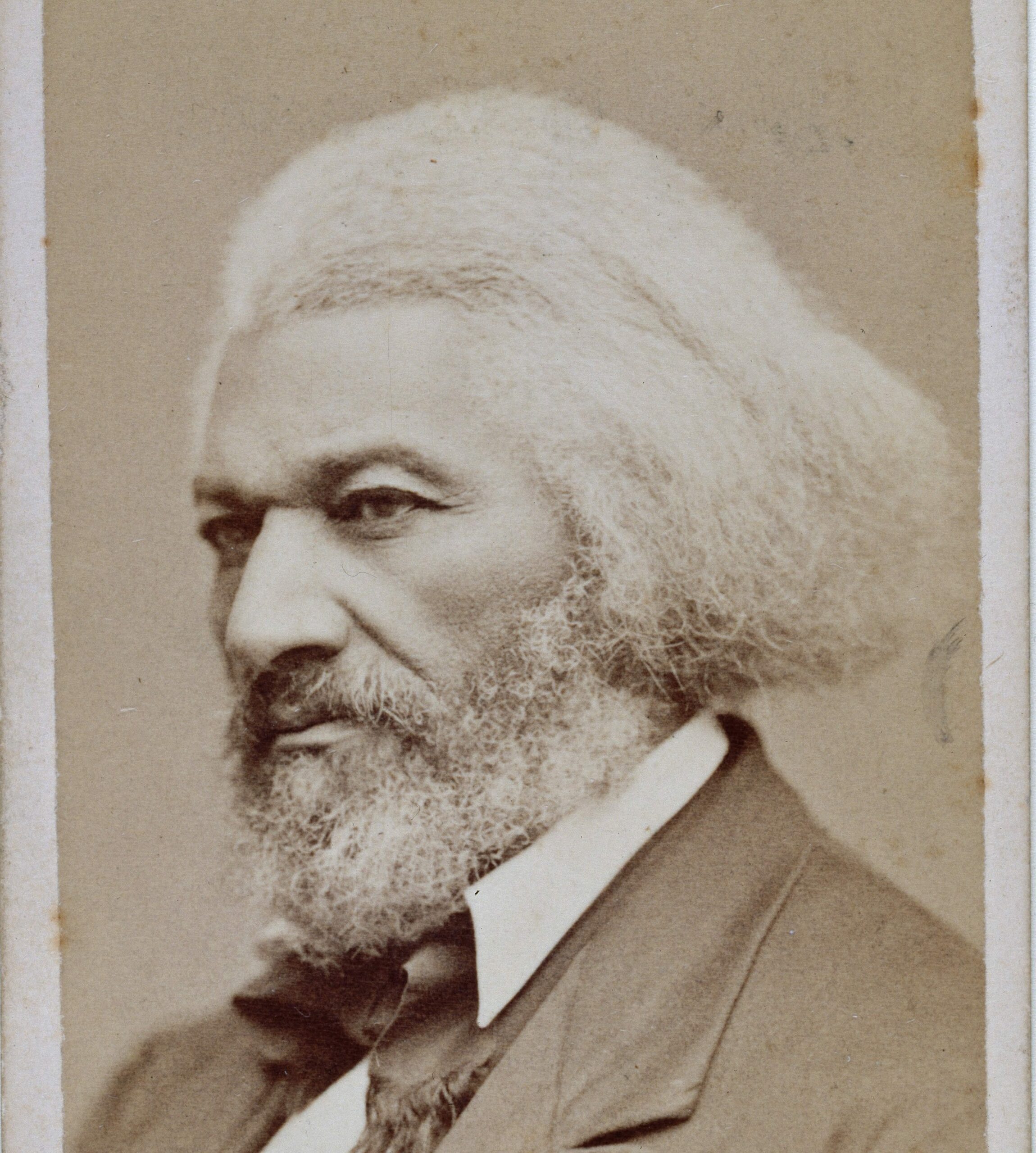
No related resources
Introduction
The United States and Great Britain were frequently at odds after formal hostilities between the two nations ended in 1783. Even during periods of relative comity, the two nations were wary of one another, and this was especially true in the United States, where resentment toward the former mother country ran deep. Many Americans viewed Great Britain as an evil colonialist empire; an avowed opponent of republican government; the sponsor of Indian attacks on the frontier; serial harasser of American ships at sea; an impediment to continental expansion; and a competitor for markets, resources, and influence throughout the Americas. Following the Chesapeake incident and the failed campaign of economic retaliation, many Americans began to openly press for war. The failure of economic coercion (See The Embargo Act) left no alternative; as a congressman from Virginia put it in 1810, “war or submission alone remain.”
The prospects for war escalated after the congressional elections of 1810, which saw “war hawks” Henry Clay, John C. Calhoun, and Felix Grundy elected to the House of Representatives. These members and others were determined to avenge Britain’s repeated violations of American honor. Ironically, some of the loudest voices calling for war in the years prior to 1812 repeatedly voted to cut military spending because they feared the threat presented by a standing military establishment. They viewed a citizen militia on land and the use of privateers at sea as an appropriate substitute for a professional military establishment. Although America was unprepared to take on the world’s greatest superpower, many Democrat-Republicans were remarkably self-confident in their assessment of America’s inevitable triumph. Acquiring British Canada, for instance, was “a mere matter of marching,” as Thomas Jefferson put it.
While most of the causes of the conflict remained unresolved at its end, the War of 1812 restored a sense of American honor and was frequently referred to, then and now, as America’s “Second War of Independence”—a war that concluded the unfinished business of the American Revolution.
President Madison’s degree of enthusiasm for the war remains a subject of dispute. Many historians contend that he was reluctantly pushed into the conflict by the more youthful and spirited members of his own party. What is not subject to debate is that Madison’s manner of governing was to defer to Congress more than his predecessor Thomas Jefferson, who managed the Congress behind the scenes. The War of 1812 may be a somewhat rare instance in the history of the United States in that the legislative branch drove the nation toward war, the first declared war in its history.
“From James Madison to Congress, 1 June 1812,” Founders Online, National Archives, https://founders.archives.gov/documents/Madison/03-04-02-0460
I communicate to Congress certain documents, being a continuation of those heretofore laid before them on the subject of our affairs with Great Britain.
Without going back beyond the renewal in 1803 of the war in which Great Britain is engaged,1 and omitting unrepaired wrongs of inferior magnitude, the conduct of her government presents a series of acts hostile to the United States as an independent and neutral nation.
British cruisers have been in the continued practice of violating the American flag on the great highway of nations, and of seizing and carrying off persons sailing under it, not in the exercise of a belligerent right founded on the law of nations against an enemy, but of a municipal prerogative over British subjects. British jurisdiction is thus extended to neutral vessels in a situation where no laws can operate but the law of nations and the laws of the country to which the vessels belong, and a self-redress is assumed which, if British subjects were wrongfully detained and alone concerned, is that substitution of force for a resort to the responsible sovereign which falls within the definition of war. Could the seizure of British subjects in such cases be regarded as within the exercise of a belligerent right, the acknowledged laws of war, which forbid an article of captured property to be adjudged without a regular investigation before a competent tribunal, would imperiously demand the fairest trial where the sacred rights of persons were at issue. In place of such a trial these rights are subjected to the will of every petty commander.
The practice, hence, is so far from affecting British subjects alone that, under the pretext of searching for these, thousands of American citizens, under the safeguard of public law and of their national flag, have been torn from their country and from everything dear to them; have been dragged on board ships of war of a foreign nation and exposed, under the severities of their discipline, to be exiled to the most distant and deadly climes, to risk their lives in the battles of their oppressors, and to be the melancholy instruments of taking away those of their own brethren.
Against this crying enormity, which Great Britain would be so prompt to avenge if committed against herself, the United States have in vain exhausted remonstrances and expostulations, and that no proof might be wanting of their conciliatory dispositions, and no pretext left for a continuance of the practice, the British government was formally assured of the readiness of the United States to enter into arrangements such as could not be rejected if the recovery of British subjects were the real and the sole object. The communication passed without effect.
British cruisers have been in the practice also of violating the rights and the peace of our coasts. They hover over and harass our entering and departing commerce. To the most insulting pretensions they have added the most lawless proceedings in our very harbors, and have wantonly spilt American blood within the sanctuary of our territorial jurisdiction. The principles and rules enforced by that nation, when a neutral nation, against armed vessels of belligerents hovering near her coasts and disturbing her commerce are well known. When called on, nevertheless, by the United States to punish the greater offenses committed by her own vessels, her government has bestowed on their commanders additional marks of honor and confidence.
Under pretended blockades, without the presence of an adequate force and sometimes without the practicability of applying one, our commerce has been plundered in every sea, the great staples of our country have been cut off from their legitimate markets, and a destructive blow aimed at our agricultural and maritime interests. In aggravation of these predatory measures they have been considered as in force from the dates of their notification, a retrospective effect being thus added, as has been done in other important cases, to the unlawfulness of the course pursued. And to render the outrage the more signal these mock blockades have been reiterated and enforced in the face of official communications from the British government declaring as the true definition of a legal blockade “that particular ports must be actually invested and previous warning given to vessels bound to them not to enter.”
Not content with these occasional expedients for laying waste our neutral trade, the cabinet of Britain resorted at length to the sweeping system of blockades, under the name of orders in council, which has been molded and managed as might best suit its political views, its commercial jealousies, or the avidity of British cruisers.
To our remonstrances against the complicated and transcendent injustice of this innovation the first reply was that the orders were reluctantly adopted by Great Britain as a necessary retaliation on decrees of her enemy2 proclaiming a general blockade of the British Isles at a time when the naval force of that enemy dared not issue from his own ports. She was reminded without effect that her own prior blockades, unsupported by an adequate naval force actually applied and continued, were a bar to this plea; that executed edicts against millions of our property could not be retaliation on edicts confessedly impossible to be executed; that retaliation, to be just, should fall on the party setting the guilty example, not on an innocent party which was not even chargeable with an acquiescence in it.
When deprived of this flimsy veil for a prohibition of our trade with her enemy by the repeal of his prohibition of our trade with Great Britain, her cabinet, instead of a corresponding repeal or a practical discontinuance of its orders, formally avowed a determination to persist in them against the United States until the markets of her enemy should be laid open to British products, thus asserting an obligation on a neutral power to require one belligerent to encourage by its internal regulations the trade of another belligerent, contradicting her own practice toward all nations, in peace as well as in war, and betraying the insincerity of those professions which inculcated a belief that, having resorted to her orders with regret, she was anxious to find an occasion for putting an end to them.
Abandoning still more all respect for the neutral rights of the United States and for its own consistency, the British government now demands as prerequisites to a repeal of its orders as they relate to the United States that a formality should be observed in the repeal of the French decrees nowise necessary to their termination nor exemplified by British usage, and that the French repeal, besides including that portion of the decrees which operates within a territorial jurisdiction, as well as that which operates on the high seas, against the commerce of the United States should not be a single and special repeal in relation to the United States, but should be extended to whatever other neutral nations unconnected with them may be affected by those decrees. And as an additional insult, they are called on for a formal disavowal of conditions and pretensions advanced by the French government for which the United States are so far from having made themselves responsible that, in official explanations which have been published to the world, and in a correspondence of the American minister at London with the British minister for foreign affairs such a responsibility was explicitly and emphatically disclaimed.
It has become, indeed, sufficiently certain that the commerce of the United States is to be sacrificed, not as interfering with the belligerent rights of Great Britain; not as supplying the wants of her enemies, which she herself supplies; but as interfering with the monopoly which she covets for her own commerce and navigation. She carries on a war against the lawful commerce of a friend that she may the better carry on a commerce with an enemy; a commerce polluted by the forgeries and perjuries which are for the most part the only passports by which it can succeed.
Anxious to make every experiment short of the last resort of injured nations, the United States have withheld from Great Britain, under successive modifications, the benefits of a free intercourse with their market, the loss of which could not but outweigh the profits accruing from her restrictions of our commerce with other nations. And to entitle these experiments to the more favorable consideration they were so framed as to enable her to place her adversary under the exclusive operation of them. To these appeals her government has been equally inflexible, as if willing to make sacrifices of every sort rather than yield to the claims of justice or renounce the errors of a false pride. Nay, so far were the attempts carried to overcome the attachment of the British cabinet to its unjust edicts that it received every encouragement within the competency of the executive branch of our government to expect that a repeal of them would be followed by a war between the United States and France, unless the French edicts should also be repealed. Even this communication, although silencing forever the plea of a disposition in the United States to acquiesce in those edicts originally the sole plea for them, received no attention….
Such is the spectacle of injuries and indignities which have been heaped on our country, and such the crisis which its unexampled forbearance and conciliatory efforts have not been able to avert. It might at least have been expected that an enlightened nation, if less urged by moral obligations or invited by friendly dispositions on the part of the United States, would have found its true interest alone a sufficient motive to respect their rights and their tranquility on the high seas; that an enlarged policy would have favored that free and general circulation of commerce in which the British nation is at all times interested, and which in times of war is the best alleviation of its calamities to herself as well as to other belligerents; and more especially that the British cabinet would not, for the sake of a precarious and surreptitious intercourse with hostile markets, have persevered in a course of measures which necessarily put at hazard the invaluable market of a great and growing country, disposed to cultivate the mutual advantages of an active commerce.
Other counsels have prevailed. Our moderation and conciliation have had no other effect than to encourage perseverance and to enlarge pretensions. We behold our seafaring citizens still the daily victims of lawless violence, committed on the great common and highway of nations, even within sight of the country which owes them protection. We behold our vessels, freighted with the products of our soil and industry, or returning with the honest proceeds of them, wrested from their lawful destinations, confiscated by prize courts no longer the organs of public law but the instruments of arbitrary edicts, and their unfortunate crews dispersed and lost, or forced or inveigled in British ports into British fleets, whilst arguments are employed in support of these aggressions which have no foundation but in a principle equally supporting a claim to regulate our external commerce in all cases whatsoever.
We behold, in fine, on the side of Great Britain, a state of war against the United States, and on the side of the United States a state of peace toward Great Britain.
Whether the United States shall continue passive under these progressive usurpations and these accumulating wrongs, or, opposing force to force in defense of their national rights, shall commit a just cause into the hands of the Almighty Disposer of Events, avoiding all connections which might entangle it in the contest or views of other powers, and preserving a constant readiness to concur in an honorable reestablishment of peace and friendship, is a solemn question which the Constitution wisely confides to the legislative department of the government. In recommending it to their early deliberations I am happy in the assurance that the decision will be worthy the enlightened and patriotic councils of a virtuous, a free, and a powerful nation….
Thomas Jefferson to Thomas Cooper
September 14, 1814
Conversation-based seminars for collegial PD, one-day and multi-day seminars, graduate credit seminars (MA degree), online and in-person.














